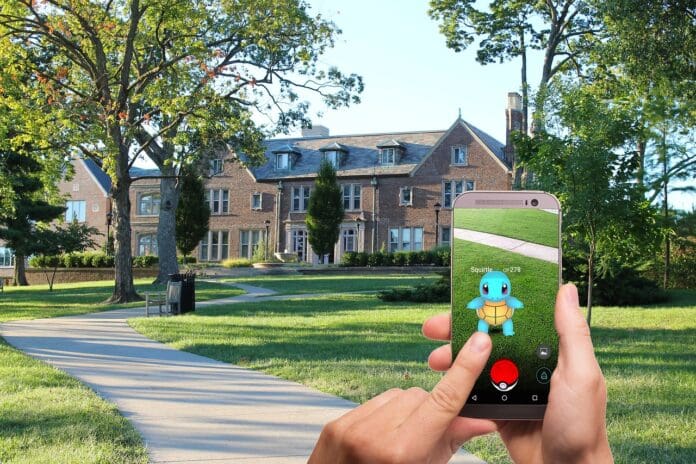This post is also available in:
 עברית (Hebrew)
עברית (Hebrew)
Since its launch in July 2016, Pokémon GO has captivated millions of players worldwide with its innovative use of augmented reality (AR) technology. Developed by Niantic in collaboration with Nintendo and The Pokémon Company, the game allows users to catch, train, and battle virtual creatures in real-world locations. Its popularity skyrocketed, generating over $4 billion in lifetime revenue and becoming a staple in mobile gaming.
However, recent claims by Belarusian defense official Alexander Ivanov have sparked controversy, suggesting that the game may have been exploited for espionage purposes. During a talk show, Ivanov alleged that Pokémon characters frequently appeared at sensitive military sites, including an important air base in Belarus. He posited that this could have attracted unsuspecting players—and potentially spies—to these locations, using civilians as cover to gather intelligence.
Ivanov stated that most of the Pokémon at that time were on the runway area of the 50th Air Base, a place where a lot of military aviation equipment is stored. His claims have raised eyebrows and reignited discussions about the implications of location-based games in sensitive areas.
This isn’t the first time Pokémon GO has been linked to espionage. Following its release, Russian officials expressed similar concerns, asserting that the game could serve as a tool for secret services. Experts warned that players might inadvertently disclose sensitive information while seeking rare Pokémon. Several countries, including Indonesia and Egypt, advised caution without outright bans, warning users to avoid military sites.
Even the U.S. government had to intervene at the height of the game’s popularity, issuing warnings to players about restricted areas. Despite the ongoing controversies, Pokémon GO has maintained a dedicated user base, although it has not been available in Belarus and Moscow since Russia’s invasion of Ukraine—a decision made by Niantic to show solidarity with Ukraine.
The notion of using civilian-friendly platforms for espionage reflects a broader concern in the digital age, where technology can blur the lines between leisure and intelligence gathering. While Ivanov’s claims are unverified, they highlight the potential vulnerabilities of real-world data collection in gaming applications.
As the geopolitical landscape continues to shift, the interplay between technology and national security remains a critical conversation. Pokémon GO may have started as a cultural phenomenon, but it now sits at the crossroads of gaming and espionage, underscoring the need for awareness of how we engage with augmented reality and location-based technologies.


























